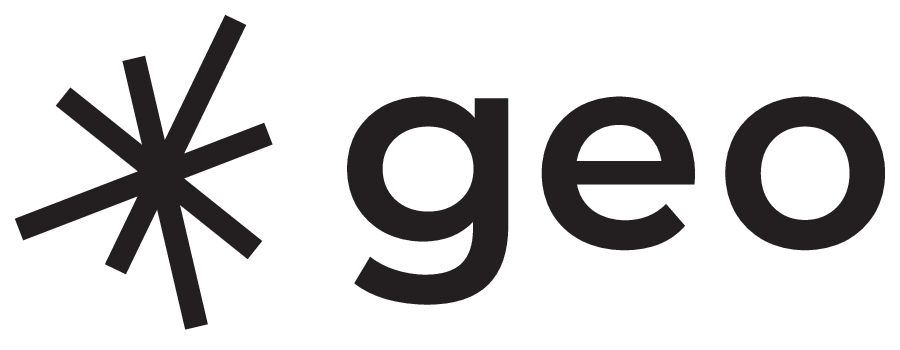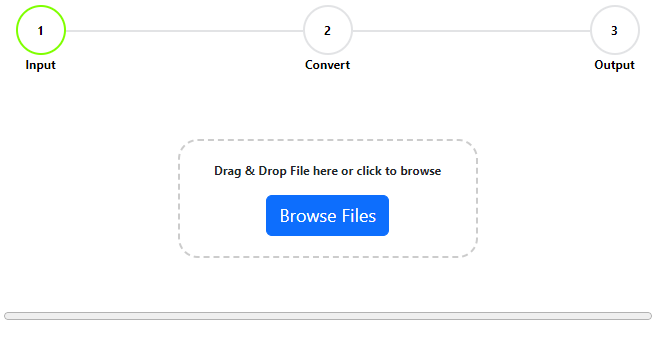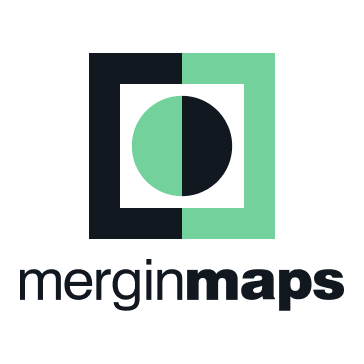Adam Black is currently progressing towards his Masters degree in Geographic and Cartographic Science, while also working full-time for the D.C. Metro Transit Authority (MTA) as a GIS Technician. Leading up to this, he got his B.A. in Geography from George-Mason University, and has fostered an interest in geography since his teenage years due to his father’s frequent work with GIS-enabled agricultural technology. He will be sharing with us some of his challenges, successes, and advice in order to benefit fellow young professionals in the field.
Education and Experience
GIS is a wonderfully flexible field in that it encompasses applications in many other fields. For those that wish to get their foot in the door, it is invaluable to begin preparing early. If you are lucky enough to identify early on that you have an interest in GIS, do what you can to begin adding skills to your toolbox (and your resume). In terms of education, this likely means obtaining a Geography or GIS degree, maybe even a masters. Circling back to that cornucopia, if you can identify a niche or the industry you would like to work in, consider taking classes that would help your understanding of that industry, maybe even adding a minor or second major. This can help make you more competitive later on, and help you decide if you are truly interested in that area.
Knowledge can be both siloed, and interconnected. The more you build your expertise in different areas, the easier it is to find commonalities between them. This is also true with GIS software and knowledge. For example, learning ArcMap makes it easier to learn ArcGIS Pro, and learning both of these makes it easier to learn QGIS. It is almost always easier to build on existing knowledge than to start from scratch, so work to round out your knowledge in a subject, and you just might find yourself accidentally better prepared to take on a new one.
Experience is the other side of the coin here.
The classic conundrum of an entry-level candidate is this: You need a job to get experience, but you need experience in order to get a job. Experience can take a number of forms. The most common one is an internship.
Some other options are crafting a quality portfolio, performing volunteer work, participating in research, or creating your own ongoing project. We will talk more about the power of a portfolio in a bit, but building your own project can be an excellent substitute or enhancement to this. Volunteer work can be done for your favorite club, animal shelter, or even a small business in your community. The recipients of these projects will make for great references in the future. Research can be difficult itself to get into, but read on to learn how networking can help open this door, and many others.
Building a Portfolio
A portfolio is a fantastic way to document the experience that you gain during your academic career. Through your courses, you will complete dozens of projects. Realistically, they will not all be great. Avoid including every single product in your portfolio. Focus on selecting some of the work you are most proud of, or you see the most potential in. Next, take these projects and reflect. What could you have done better? Now, go do it. You may even want to consult with your professor to get a second, more polished opinion.
As mentioned, it can be highly beneficial to craft your own ongoing GIS project. Find a question or problem that interests you, and begin brainstorming all the ways that GIS can help. As you progress through your classes, incorporate the skills and technologies that you learn to advance the project. For example, bring together raster, geoprocessing, statistical knowledge, cartographic presentation, web mapping, and maybe even a simple database management system. Combining these elements can really help showcase your practical skills when it comes time to job search and wow potential employers, and now they have a tangible idea of what you can accomplish on your own.
Curriculum vs. Real-World Application
For many, it can be a rough wake up call to enter the reality of the 9-5 full-time grind. This is made even more difficult when the entry-level GIS job you started fails to resemble the projects you worked on in school.
There is a noticeable gap in representation between what is included in a university GIS curriculum, and what an actual GIS job looks like. Of course, a great deal will depend on the job itself. A job with a utility company will likely involve lots of database management systems, and working with network datasets. Traditionally, neither of these topics are covered in undergraduate curriculums. A position with a local government may also include working with field, and web applications, areas that also fail to get coverage.
GIS jobs often consist of a variety of responsibilities. Some jobs even have a combination of office, and field work, although the balance will largely depend on the position. When it comes to GIS software, the odds still favor that you will be working in an Esri shop, at least in the US. As Bob Dylan says, however, the times are a changin’. Europe and other areas in the world tend to see more open source setups, and there are shifts stateside as well.
In addition to using GIS software, an analyst or technician will potentially find themselves using database management systems (such as SQL Server or Oracle), Enterprise systems, the Microsoft Office suite (Excel), and even Adobe products for finishing cartographic products. On that note, while cartography is a large element of most university curriculums, it often plays a much smaller role in most day to day GIS work. It is possible to find cartography specific positions, but you may have to do some digging to track them down, and be prepared for some competition.
Finally, odds are that you will not be working for a pure GIS company. You will have colleagues, interviewers, and even managers that are not familiar with the technology. It is your prerogative to learn how to communicate technical information and needs to those who may lack such a background. As a cog in a larger machine, some projects may feel like playing a game of telephone.
Remember, the better you can communicate the value of your work, the more inherent value people will give it.
Networking and Connecting
Networking is a truly essential element of the job search, or for growth in your current role.
In recent times, it has been perceived as being difficult to find ways to connect due to a lack of in-person opportunities for networking. Digital events have done their best to fill this void, and with the great equalizer of the internet, have maybe been an even better option for some.
For example, the 2020, and 2021 Esri User Conferences were both free, and entirely digital. This allowed record numbers of attendees from every corner of the globe that may have found traditional obstacles, like hard and soft travel costs, prohibitive. Online conferences and Meetups are helping people build more connections that they may have missed out on under different circumstances. Connecting online also makes it easier to stay connected after the event, you can immediately look up that person’s LinkedIn, instead of waiting till you return to your hotel and rifling through the day’s notes.
When the world is normal, there is a somewhat different approach to networking. First of all, you should wear pants (or a skirt, kilt, etc.). This cannot be stressed enough. Secondly, in a conference setting, you may be competing with others to get some face time with that company you have been eyeing’s recruiter, or with the speaker from a particularly interesting session you attended. While it is important and encouraged to set aside ample time for rubbing elbows with those in your dream roles, you should also take time to connect with those in a similar position as you. Find out what has, and has not been working for your peers in their job hunt. Some of the best knowledge is passed on through casual conversations.
Pro Tip: Drop the small amount of money it takes to get some professional looking business cards printed before a conference or job fair. They will help you stand out, and leave a more lasting impression.





